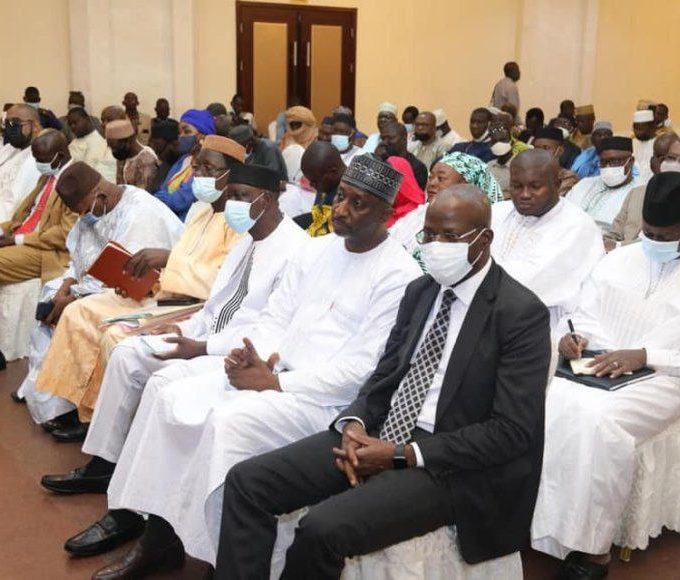
For The First Time, I Realized I Was A Commodity – Genevieve Nnaji On What Hollywood Made Her Feel

Genevieve Nnaji, a renowned Nigerian actress and filmmaker, recently disclosed her disheartening experiences with Hollywood following the success of her 2018 film, “Lionheart.” The film, acquired by Netflix for a reported $3.8 million, marked a significant milestone for Nollywood, but Nnaji’s subsequent interactions with Hollywood left her feeling undervalued.
Speaking at the 2024 AfriCaribbean Trade and Investment Forum/Afreximbank Annual Meetings, Nnaji shared her insights during a panel discussion. The event was part of the Creative Africa Nexus (CANEX), an Afreximbank initiative that supports Africa’s creative sector through various means, including financial backing.
For the first time, I realised I was a commodity, Nnaji revealed. She elaborated on her expectations after the success of Lionheart, believing that her accomplishments would open more doors in Nollywood. However, the reality was starkly different. They wanted what I had but for their benefit. It was all about their story. Even if it was our story, I had to make it more authentic to their understanding of Africa because they had a lot of literature in their archives, she explained.
Nnaji also reflected on her decision to stay in Nigeria despite opportunities in Hollywood. “But I am Nollywood. I could have gone to Hollywood a long time if I wanted to. But I had a dream to build an industry in Nigeria that could rival it,” she stated. Nnaji expressed her belief in Nollywood’s potential to tell authentic African stories, comparable to the global influence of Hollywood and Bollywood.
Her experience with Hollywood reaffirmed her commitment to Nollywood.
When I found it wasn’t what they had in mind, I was like, I’m just going to wait this out. Then COVID happened, and the world switched at that point. Africa became it, she added.
Nnaji’s remarks highlight the ongoing challenges African filmmakers face in international markets and underscore her dedication to the growth and recognition of Nollywood on the global stage.
Watch full panel session here:
Read more: Lip Service And Lost Lives: Nigerian State Governments’ Futile Wars on Cultism
About The Author
Related Articles
Burkina Faso: President Traoré Grants Sentence Reductions to 963 Prisoners
Burkina Faso’s President, Captain Ibrahim Traoré, has approved sentence reductions for 963...
ByIkenna ChurchillJanuary 15, 2026Mali: Goïta Announces National Consultations on Political Party Reform in 2026
Mali’s transitional president, General Assimi Goïta, has announced plans to launch national...
ByWest Africa WeeklyJanuary 15, 2026Mali: Fresh Terrorist Attack Hits Industrial Sites in Bafoulabé
A new armed attack struck the Bafoulabé district in Mali’s Kayes region...
ByWest Africa WeeklyJanuary 15, 2026Burna Boy, Rema Lead Nigerian Sweep at Afrima 2026
Nigerian artists dominated the 9th All Africa Music Awards (Afrima), which wrapped...
ByWest Africa WeeklyJanuary 15, 2026











